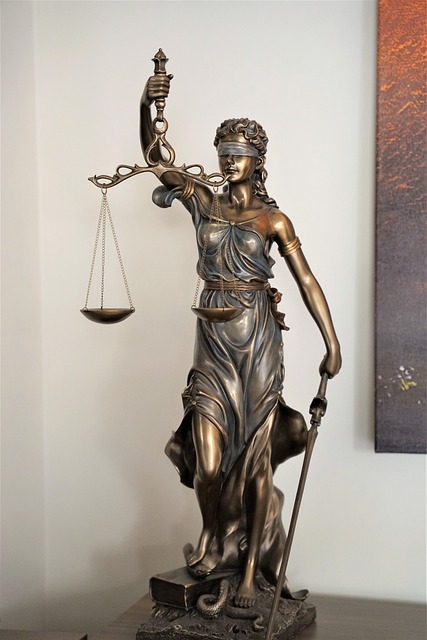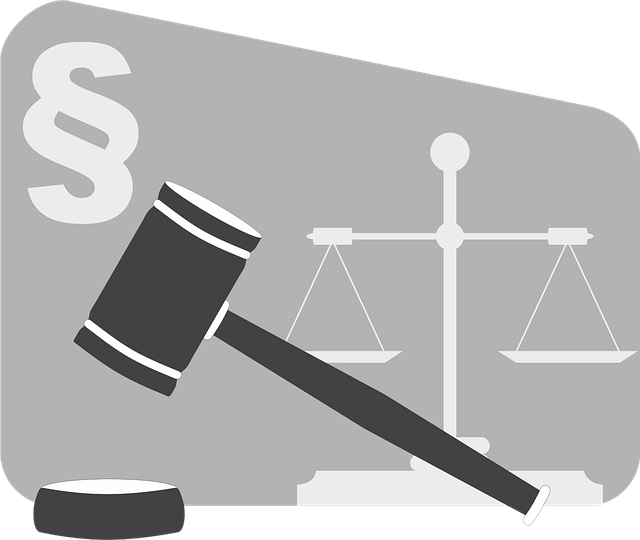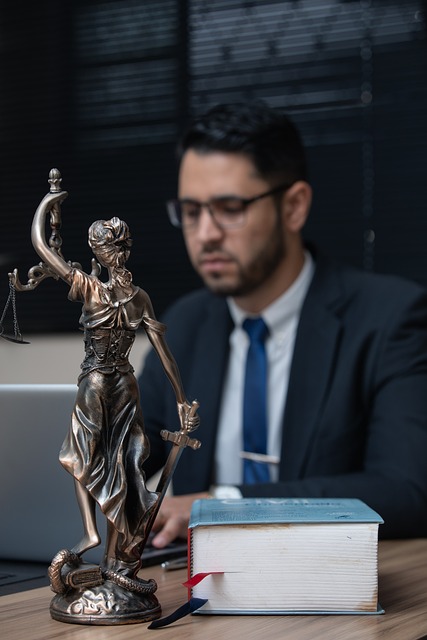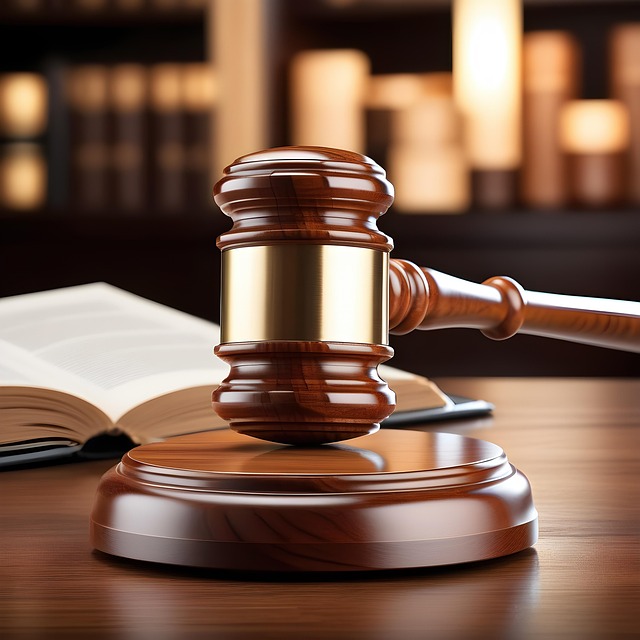Environmental crime trials focus on prevention and compensation, blending administrative and civil elements to address ecological damage. These trials prioritize ecosystem restoration and deterrence over punishment, with prosecutors using civil remedies for liability establishment. Understanding the Differences Between Administrative and Civil Proceedings is crucial as corporate conduct and compliance become main focal points instead of individual culpability. High-stakes cases may lead to severe consequences for both individuals and corporations, demanding specialized legal expertise in an evolving global landscape driven by climate change.
Environmental Crime Trials: Uncovering Legal Landscapes. Explore the intricate world of environmental justice through criminal prosecution. This article delves into the unique challenges and strategies presented by these trials, focusing on key distinctions from traditional legal battles. We analyze the nuances between administrative and civil cases, examining their impacts on prosecutors and defendants alike. Global perspectives highlight emerging trends, shaping the future of environmental law enforcement.
- Understanding Environmental Crime Trials
- Key Differences Between Administrative and Civil Cases
- Impact on Prosecutors and Defendants
- Global Perspectives and Future Trends
Understanding Environmental Crime Trials

Environmental Crime Trials represent a specialized legal arena focused on holding individuals and organizations accountable for damaging the environment. Unlike traditional criminal trials, these proceedings often blend elements from both administrative and civil legal systems. The key distinction lies in the objectives and procedures; while criminal trials aim for punishment and complete dismissal of all charges, environmental crime trials emphasize prevention and compensation.
In these trials, prosecutors may seek to avoid indictment, focusing instead on establishing liability through civil remedies. This approach allows for a more flexible investigation process, enabling the court to consider broader context and potential impact on the ecosystem. The goal is not merely punitive but also to ensure adequate restoration efforts and deter future environmental misconduct.
Key Differences Between Administrative and Civil Cases

When it comes to environmental crime trials, understanding the nuances between administrative and civil cases is crucial. Administrative proceedings typically involve government agencies pursuing penalties for regulatory violations, focusing on deterrence and enforcement. These cases often aim to protect public interests and ensure compliance with environmental laws. In contrast, civil litigation involves private entities or individuals suing to redress harm caused by pollution or ecological damage. Civil cases tend to have a different focus—compensation for victims and restitution for environmental degradation.
The key differences manifest in the Differences Between Administrative and Civil Proceedings. While administrative cases often result in fines and permits being revoked, civil lawsuits can lead to monetary damages and injunctions. High-stakes cases like those involving white collar and economic crimes may see a company’s unprecedented track record scrutinized, with potential liabilities extending far beyond the immediate environmental impact. These distinctions shape the legal strategy, evidence required, and ultimate outcomes in these complex, yet critical, legal battles for environmental justice.
Impact on Prosecutors and Defendants

Environmental crime trials present unique challenges for both prosecutors and defendants, distinct from traditional criminal cases. In these complex proceedings, the focus shifts from individual culpability to evaluating corporate conduct and compliance with environmental regulations. This difference is crucial when considering the evidence presented and the arguments made during all stages of the investigative and enforcement process. Prosecutors must navigate a fine line between holding corporations accountable for their actions and assessing liability for individual defendants, often balancing public interest with potential corporate and individual client interests.
The outcome can vary significantly compared to administrative or civil proceedings, where penalties might include fines or orders to comply. Environmental crime trials often result in more severe consequences, including prison sentences for individuals and substantial monetary fines or even the complete dismissal of all charges for corporations, depending on the severity of the offense and cooperative efforts during investigation. This dynamic underscores the heightened stakes involved and necessitates a thorough understanding of environmental laws and their interpretations.
Global Perspectives and Future Trends

Environmental crime trials are gaining global traction as nations recognize the severe consequences of ecological degradation. International cooperation plays a pivotal role in combating these crimes, leading to a growing body of international laws and treaties. Each country, however, approaches these cases uniquely, with varying legal systems shaping their environmental justice framework. For instance, while some jurisdictions prioritize restorative justice and community involvement, others focus on stringent penalties and compensation for victims.
Looking ahead, the future of environmental crime trials is poised for significant evolution. As climate change becomes an increasingly pressing global issue, high-stakes cases are likely to increase, requiring specialized legal expertise. The differences between administrative and civil proceedings will become more pronounced as regulatory bodies take a more active role in enforcement. Moreover, with advancements in technology, evidence collection and surveillance techniques will evolve, making it easier to uncover and prosecute environmental crimes. This shift could also impact general criminal defense strategies, urging lawyers to adapt and specialize in this emerging field.
Environmental crime trials play a pivotal role in holding polluters accountable and safeguarding our ecosystems. By understanding the nuances of these cases, particularly the key differences between administrative and civil proceedings, we can ensure more effective prosecution and justice. These trials have significant implications for both prosecutors and defendants, shaping legal strategies and outcomes. Looking ahead, global perspectives on environmental law highlight emerging trends that promise to strengthen international cooperation against ecological offenses. Understanding these developments is crucial in navigating the future of environmental crime trials and fostering a sustainable world.






